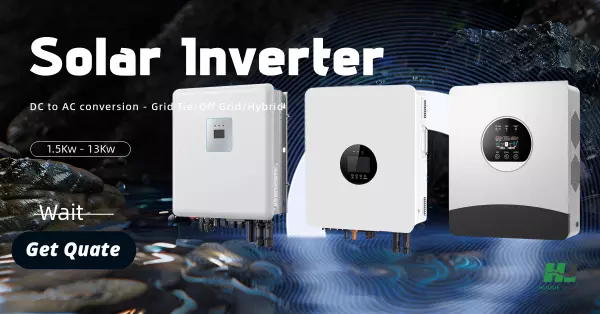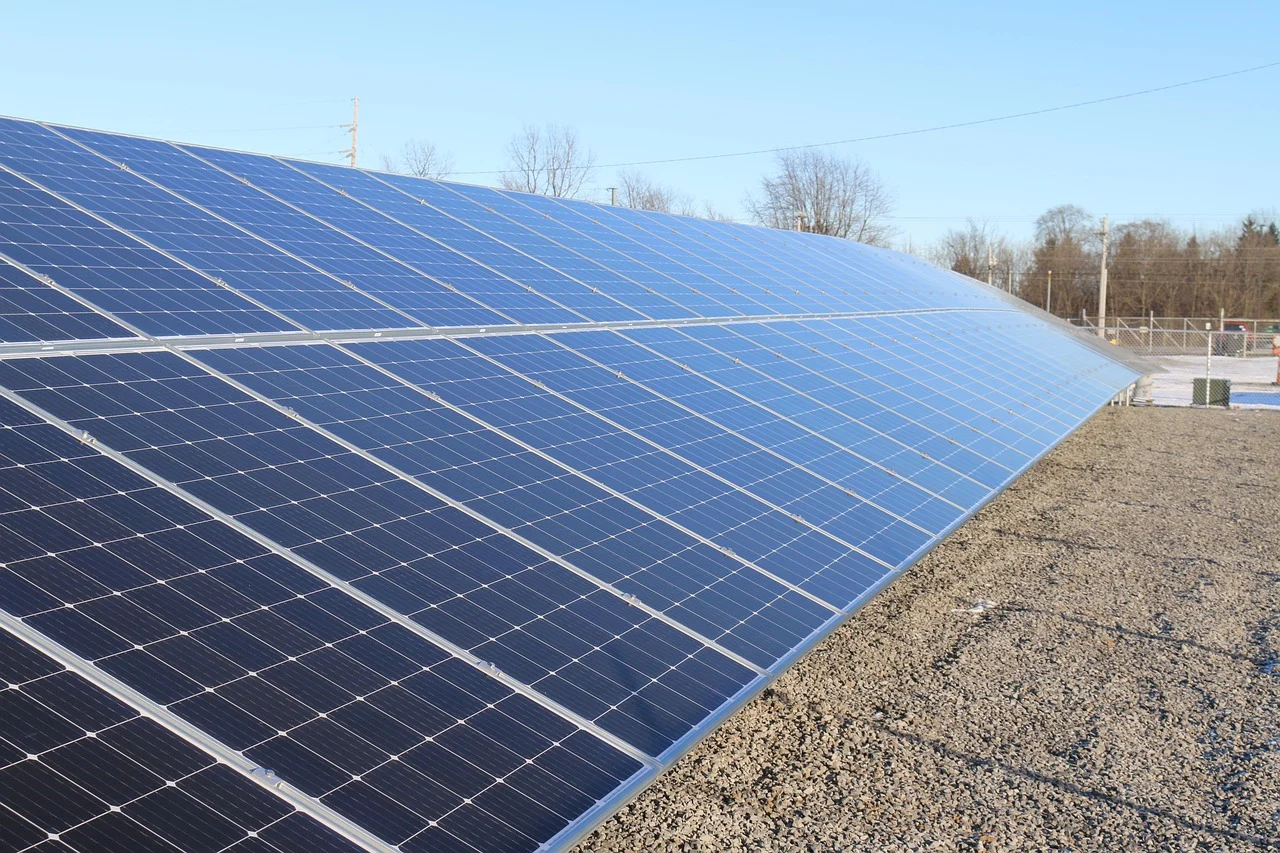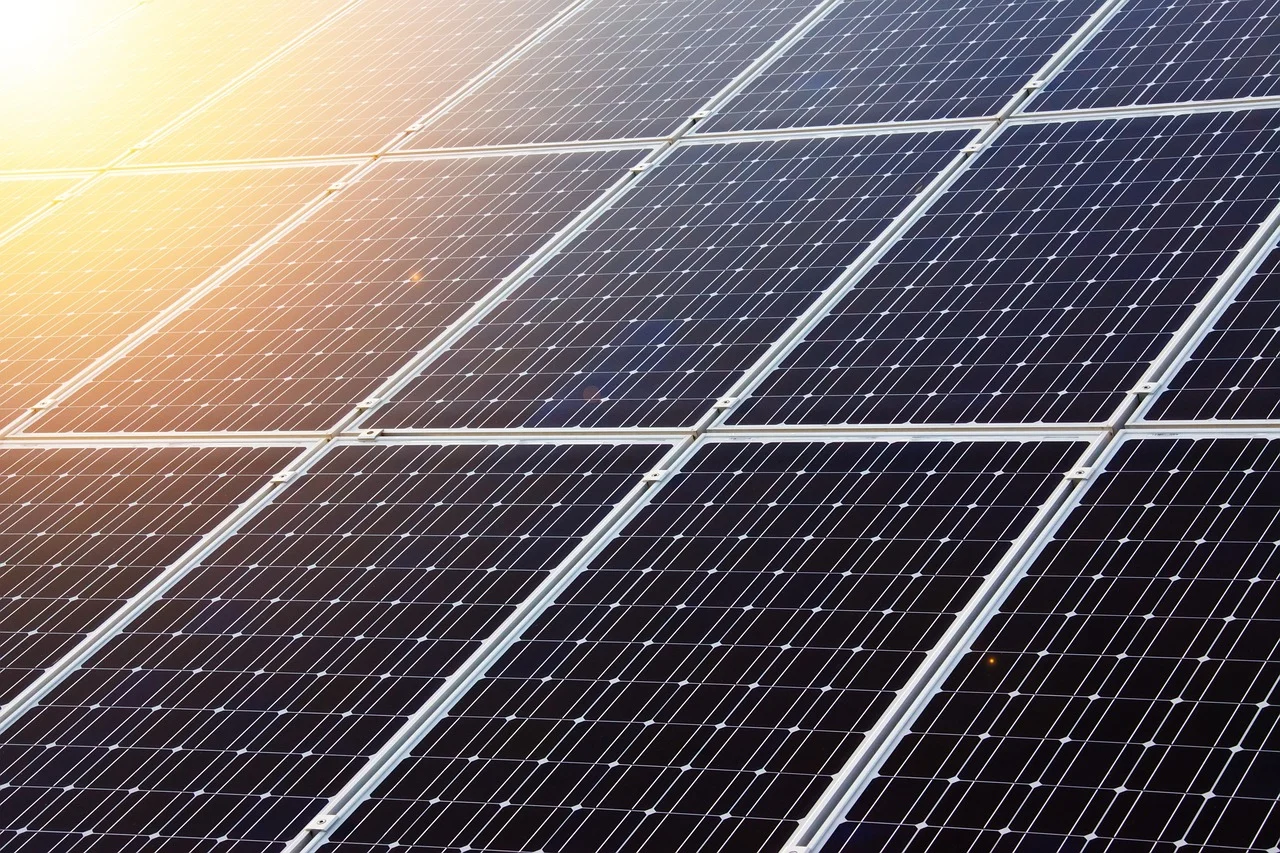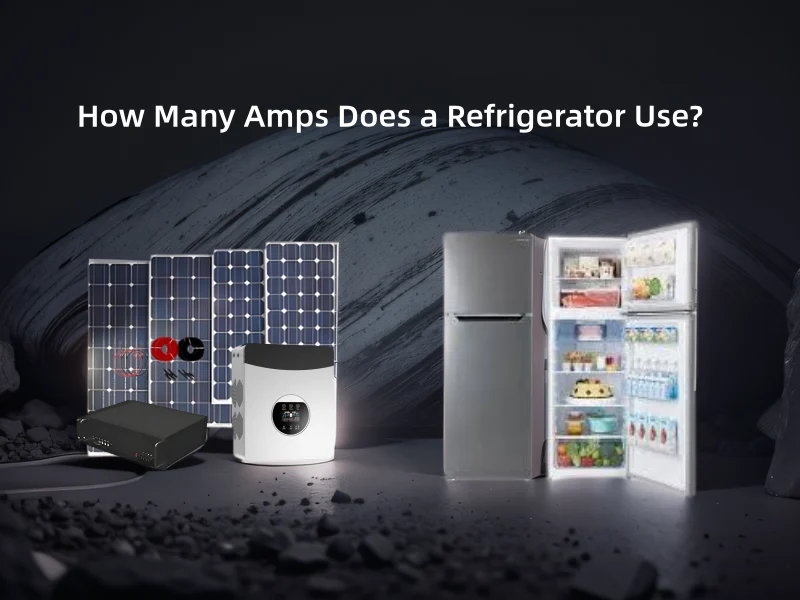What Happens When You Keep Your Inverter Always On?
Modern inverters are designed in such a way that they can sustain working continuously without fuss- the management of energy storage and energy distribution is possible. Here is what happens if your inverter stays turned on:
- Standby Power Consumption
Even when an inverter doesn't provide power, it consumes a little energy sleeping or idle but ready to return to action at any instant. This is usually negligible but adds up to an overall energy consumption. - Battery Maintenance
Keeping the inverter ON works/does this: ensures that batteries float charge to keep up the levels of battery and prepare for power-cut-type situations. - Continuous Monitoring
Most of these inverters generally have built-in monitoring systems concerning battery health and load levels on the grid to ensure continuous work.
Should You Leave Your Inverter ON Unentangled?
There are times turning off your inverter may be handy, but in most cases, it is not recommended. Let's narrow it down:
When It Is Okay to Turn Off Your Inverter
- Long Time Out of the House: If leaving, say, your home for some weeks or months, the benefit of turning the inverter off will reduce energy use and prolong battery life; however, the battery must be full before switching it off.
- During Maintenance: When system cleaning and or maintenance is carried out, it is safer to turn off the inverter.
When You Should Leave It On
- Short Duration Away: Keeping the inverter on for a few days or weeks would keep your batteries charged and avoid deep discharging.
- Frequent Power Outages: In places with unreliable electricity, keeping the inverter on means it has an immediate seamless power supply should the grid ever fail.
Things to Put Your Mind to before Always Keeping Your Inverter On
Whether or not keeping or having your inverter on for all time makes sense depends on many different factors. Some of these are:
1. Inverter Type
- Off-Grid Inverters:Require being turned on constantly to store energy and feed the off-grid systems.
- Hybrid Inverters: These are designed for flexibility. They should be able to handle both grid and battery power when always on with high efficiency.
- Basic Inverters: Smaller and older ones have no energy-saving features, which means using more standby power when kept on continuously.
2. Kind and Condition of Batteries
Lithium-ion batteries are by far the most efficient and stand up to continuous charge better than lead-acid batteries. On the other hand, lead-acid batteries need to be well maintained and periodically monitored to avoid overcharging or deep discharge.
3. Energy Costs
It is interesting to note that even though very few, the amount of energy an inverter requires in a standby or idle condition tends to increase your electricity bill marginally if it is kept on.
Effective Management Tips for Your Inverter
- Examine the battery's condition
Use the inverter's monitoring system to keep track of the condition and charge levels of the batteries. Regular inspections will prevent it from being damaged and ensure optimal performance.
- Use Energy-Saving Devices
There are energy-efficient appliances built using parallel configuration with an inverter that helps reduce load and maximize batteries life.
- Make a Maintenance Plan
Regularly check and maintain your inverter and battery system. Dust and loose connections can affect performance over time.
- Check Adequate Ventilation
In addition to this, operation of batteries and inverters also generates heat, thus adequate ventilation must be maintained within the system to avoid overheating of components.
- Employ Smart Inverters
Most of the advanced inverters available in the market now utilizes smart features for load management and remote monitoring that optimize consumption of energy.
Case Study: Residential Setup with Always-On Inverter in Place
- Scenario: A family uses a 3.5KVA inverter backed by a 24V battery system to have backup power in Lagos.
- Problem: The power cut is so high that all the time the inverter needs to be kept on for an instant start of back up, while they were very judicious about the cost of energy and battery health.
- Solution: Upgraded the system along with hybrid inverter with MPPT plus Li-ion batteries. The system continuously passes power but highly efficient in energy and power availability.
- Output: The family claimed a decrease of 20% in electricity bills due to efficient energy management by the hybrid inverter.
What Happens If You Turn Off Your Inverter for Long Periods?
After long periods, turning off the inverter induces such effects as:
- Discharging of Batteries
Self discharge occurs even in inactive batteries. Sulfation happens in the lead-acid type, which decreases capacity and life span of such batteries.
- Delays at Startup
Starting up may include some delay in recharging and a very long reinitialization after shutting the whole system for an extended time.
- Loss of Monitoring
Those systems having monitoring property won't keep the characterization of battery health and the energy used, probably leading to undetected problems.
Emerging Trends in Inverter Technology
- Systems powered with artificial intelligence (AI): In intelligent inverters, algorithms are trained in power consumption patterns and modulate power settings for energy efficiency purposes.
- Remote Monitoring: Users can now monitor and control their inverters remotely from any location via cloud-based platforms.
- Energy Storage Compatibility: Solid-state batteries and other advanced technologies are making the always-on inverters much more compatible and efficient than ever before.
So the question is, is it really worth it to keep the inverter always on?
Yes, provided you can maintain it right. The fact that the inverter is turned on helps maintain a continuous supply of electricity while keeping the health of the batteries up to speed and effectively informing you as to what measure you are taking in energy use. Meanwhile, this necessitates regular maintenance and an effective setup of the system to prevent unnecessary costs or wear and tear.
What do you think? Should the inverters be on all the time, or is it better if they were off when not in use? Let us know in the comments section!







 Afrikaans
Afrikaans Albanian
Albanian Amharic
Amharic Arabic
Arabic Armenian
Armenian Azerbaijani
Azerbaijani Basque
Basque Belarusian
Belarusian Bengali
Bengali Bosnian
Bosnian Bulgarian
Bulgarian Catalan
Catalan Cebuano
Cebuano Chichewa
Chichewa Chinese (Simplified)
Chinese (Simplified) Chinese (Traditional)
Chinese (Traditional) Corsican
Corsican Croatian
Croatian Czech
Czech Danish
Danish Dutch
Dutch English
English Esperanto
Esperanto Estonian
Estonian Filipino
Filipino Finnish
Finnish French
French Frisian
Frisian Galician
Galician Georgian
Georgian German
German Greek
Greek Gujarati
Gujarati Haitian Creole
Haitian Creole Hausa
Hausa Hawaiian
Hawaiian Hebrew
Hebrew Hindi
Hindi Hmong
Hmong Hungarian
Hungarian Icelandic
Icelandic Igbo
Igbo Indonesian
Indonesian Irish
Irish Italian
Italian Japanese
Japanese Javanese
Javanese Kannada
Kannada Kazakh
Kazakh Khmer
Khmer Korean
Korean Kurdish (Kurmanji)
Kurdish (Kurmanji) Kyrgyz
Kyrgyz Lao
Lao Latin
Latin Latvian
Latvian Lithuanian
Lithuanian Luxembourgish
Luxembourgish Macedonian
Macedonian Malagasy
Malagasy Malay
Malay Malayalam
Malayalam Maltese
Maltese Maori
Maori Marathi
Marathi Mongolian
Mongolian Myanmar (Burmese)
Myanmar (Burmese) Nepali
Nepali Norwegian
Norwegian Pashto
Pashto Persian
Persian Polish
Polish Portuguese
Portuguese Punjabi
Punjabi Romanian
Romanian Russian
Russian Samoan
Samoan Scottish Gaelic
Scottish Gaelic Serbian
Serbian Sesotho
Sesotho Shona
Shona Sindhi
Sindhi Sinhala
Sinhala Slovak
Slovak Slovenian
Slovenian Somali
Somali Spanish
Spanish Sundanese
Sundanese Swahili
Swahili Swedish
Swedish Tajik
Tajik Tamil
Tamil Telugu
Telugu Thai
Thai Turkish
Turkish Ukrainian
Ukrainian Urdu
Urdu Uzbek
Uzbek Vietnamese
Vietnamese Welsh
Welsh Xhosa
Xhosa Yiddish
Yiddish Yoruba
Yoruba Zulu
Zulu